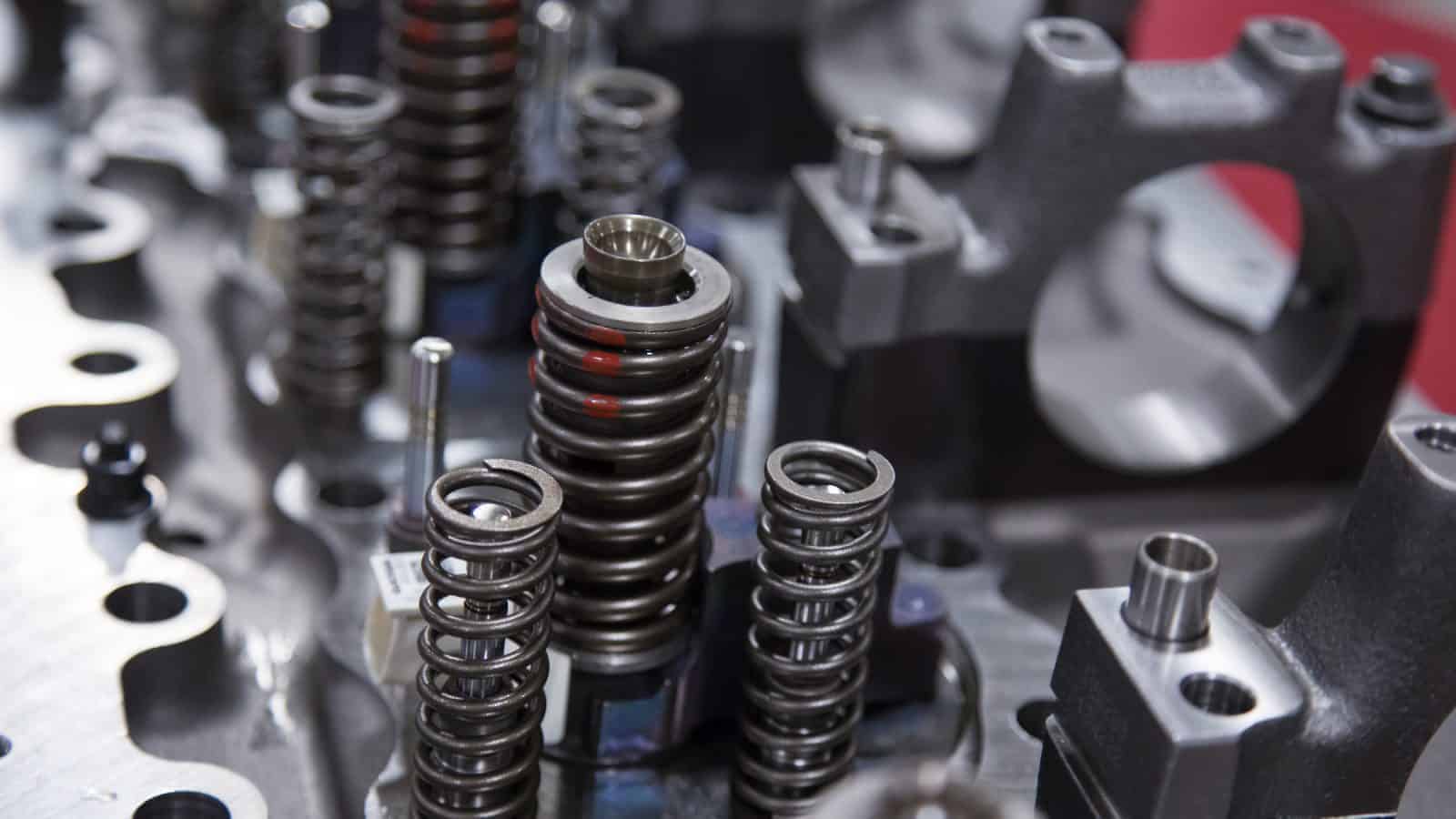Milo’s Tea Has a Recipe for Sustainability

At Milo’s Tea, every element of the company’s delicious beverages is scrutinized for sustainability opportunities—from bottle-sourcing to the water and tea leaves that go into each gallon.
The bottles: The Bessemer, Alabama–based business recently opened a new, one-gallon bottle-blowing facility in its hometown, right next to its distribution center.
- The new facility will reduce carbon dioxide emissions by 1,000 metric tons per year, since it will eliminate the need for trucks to travel from farther-off bottling locations to the Bessemer distribution facility.
- “We’re still family-held, and sustainability is a family value, too,” said Chief Operating Officer Chris Droney. “When you have a project like this, that has a positive environmental impact and allows us to reinvest in our company growth, that’s a win–win.”
The water: The 78-year-old Milo’s Tea—which in 2022 became the top-selling refrigerated tea brand in the U.S. and is the fastest-growing refrigerated lemonade brand—has a strong track record of environmental resource preservation, starting with its water conservation.
- Since 2019, Milo’s has conserved nearly 37 million gallons of water, an achievement that has helped earn the certified woman-owned business two Platinum TRUE Zero Waste certifications (one for its Bessemer plant and another for its Tulsa, Oklahoma, facility).
- Among other measures, the company has invested in new, more water-efficient line-cleaning (clean-in-place) technology, which it uses between production runs to clean the brew, blend and filler equipment. “If we’re going from making sweet tea to zero-calorie tea, for example, it’s very important to make sure there’s no residue” in the lines, Droney explained.
- The enhanced equipment reduces energy, water and cleaning agent consumption, while also improving the effectiveness of the cleaning cycle. Milo’s made additional improvements to the production scheduling process, which decreased the total number of cleaning cycles required and further reduced energy, water and cleaning agent consumption.
- Milo’s was also able to reduce the amount of excess product the company had in its tanks during those flavor switchovers, further reducing waste and water use.
The tea: Milo’s earned its Oklahoma Zero Waste certification in part through “re-earthing” its tea leaves—“the largest waste stream we have”—in partnership with GEM Dirt, Droney said.
- The topsoil company takes Milo’s spent tea leaves and turns them into compost that it blends with dirt to create nutrient-rich soils. In 2023, Milo’s re-earthed more than 10,000 tons of used tea leaves from all facilities.
The packaging: When it comes to packaging, Milo’s doesn’t let dents stand in its way. The firm has installed compressed air stations on its lines to un-dent damaged bottles before they’re filled, so that none are thrown away.
- “At our flagship facility in Bessemer, if bottles can’t be undented, we send them back to the manufacturer and they can be reground and made into new bottles,” Droney continued. “A recycled bottle uses less resin than a new one.”
The production process: Milo’s has also recycled and diverted more than 148,000 tons of waste since 2019, another reason it has been so highly certified. On top of that, it has prioritized renewable energy sources at its facilities.
- Solar panels went live at the Bessemer plant in 2023, and this past summer, the business commissioned a rooftop solar farm at its Tulsa facility.
- The panels offset from 5% to 10% of each site’s total annual energy consumption, Droney told us. More solar panels are scheduled for other Milo’s sites, he added.
Advice for other manufacturers: Careful environmental stewardship can pay dividends for manufacturers, according to Droney.
- Profitability and sustainability “go hand in hand; we really believe that,” he said. “Solar power, onsite bottle blowing—there’s a cost to it, but there’s also a benefit. When you combine those, not only are you doing the right thing, but you’re generating fuel for future growth. We all have a responsibility to drive sustainability.”
